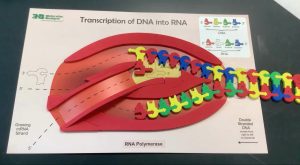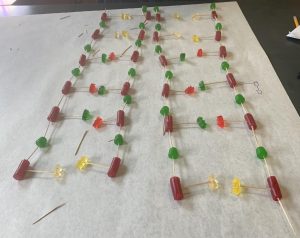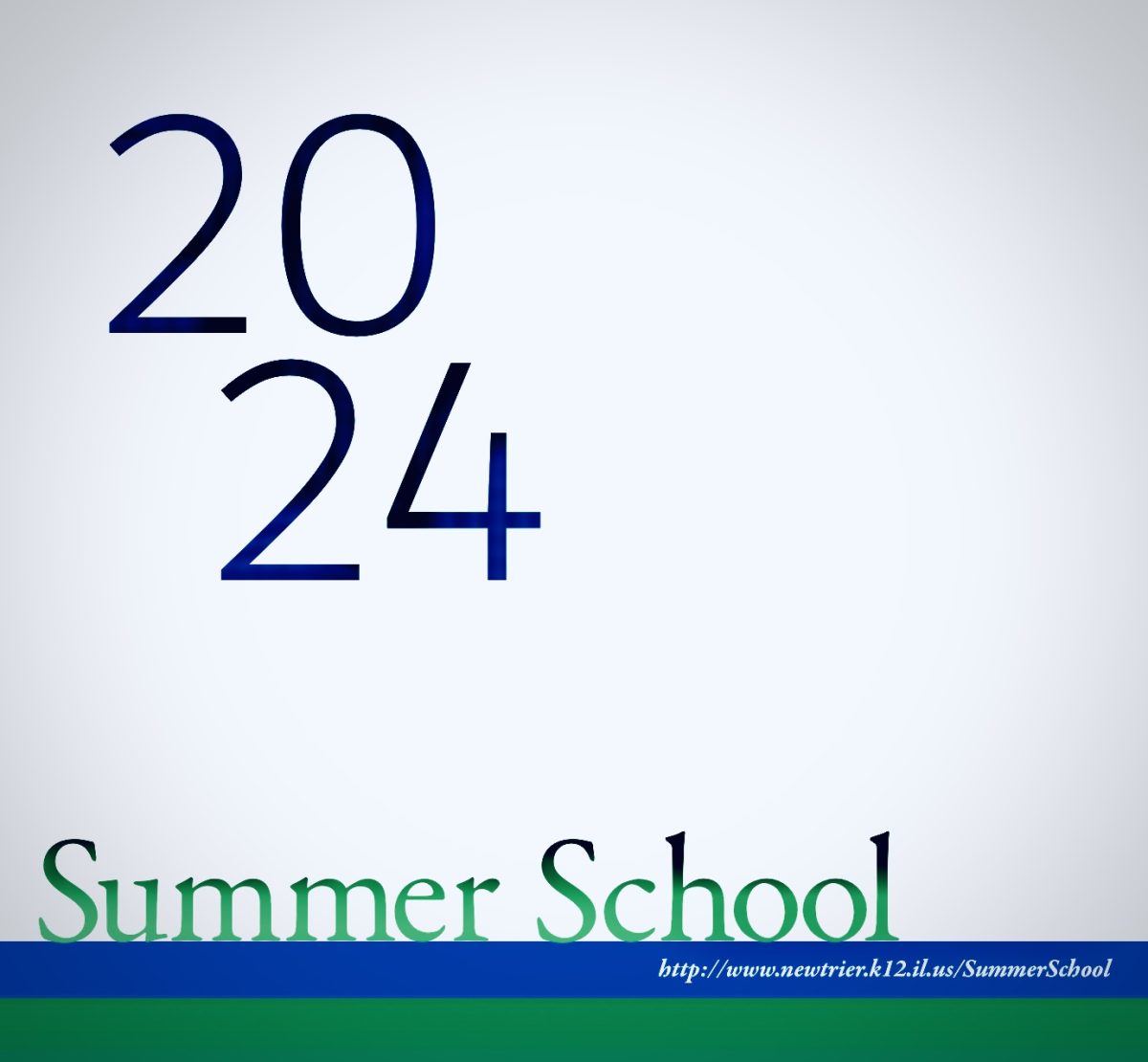Summer school is not something many students look forward to. Regardless of the reason, spending several hours every day at school nine months of the regular school year and summer school on top of that can seem exhausting. However, for many students, summer school is necessary, whether it’s to gain credits for classes they can’t fit into their schedule or to fulfill the requirements to enroll in another class they want to take. While students at New Trier High School may not be too thrilled about summer school, there are a few things they should know in order to have a better chance of success.
A common class many students take over the summer is Civics. Civics is a semester-long class that is a graduation requirement, so every New Trier student has to take it at one point or another. Students opting to take it over the summer can either take it from June 10 to July 2 or July 3 to July 26 from 8:15 a.m. to 12 p.m.
Students who take Civics can expect homework and in-class assignments every day and a few projects, essays, and tests throughout the duration of the course.
“It had a pretty light workload, and it wasn’t too stressful for me,” junior Lucia Serrano, who took summer school Civics last summer, said. “I never felt too overwhelmed, and it was honestly probably one of the easier classes I’ve taken.”
Serrano said she found ways to balance school work and her hobbies.
“Because [class] was in the morning, it wasn’t taking up my whole day and I could do summer activities and still enjoy my summer even though I was going to school. I was easily able to work things around it,” Serrano said.
Another common summer school course students take is a science class. During the summer, New Trier offers chemistry, geoscience, physics, and biology at levels 2, 3 and 4. As opposed to Civics, science classes last two summer school semesters as opposed to one, and run from June 10 to July 26 from 8:15 a.m. to 1 p.m. There is also a 30-minute lunch break in which the school offers food in the cafeteria.
These classes can be rigorous, as teachers need to cover one week of material taught in a regular science class in the span of one day.

“Tests are usually two times per week, and the homework can range from one to three hours. We also have several labs that we do, and there are usually one or two per day,” Deborah Mauer, a summer biology teacher, said. The content of the course is very similar to the content taught during the school year, although sometimes a bit of information may be cut out of the curriculum due to the short duration of summer school courses.
The summer school physics class is similar, with the same fast-paced curriculum and number of labs and tests.

“When I first heard that we take multiple tests a week and do several labs per week too, I was pretty worried because it seemed like it was going to be too stressful. I feel like it was manageable though, I never felt like I couldn’t do it and I honestly had fun in the class,” junior Rebecca Pitluk, who took summer school physics, said.
Students have found that because they only take one class over the summer, it is easier for them to keep up on their work.
“It was my only class, so even though I had to study for tests often, it wasn’t like I was trying to study for anything else, so I could give my full attention to physics,” Pitluk said.
Having to take summer school can be demanding at times, but many students feel that it is worth it.
“Summer school allowed me to learn things I wouldn’t have had time to learn during the school year, and I was able to meet new people too. It ended up being a pretty cool experience,” Pitluk said.










































Sharon Cloud
Mar 24, 2024 at 12:51 pm
Thank you for crafting such an enlightening article on New Trier Summer School. Your insights are greatly appreciated.